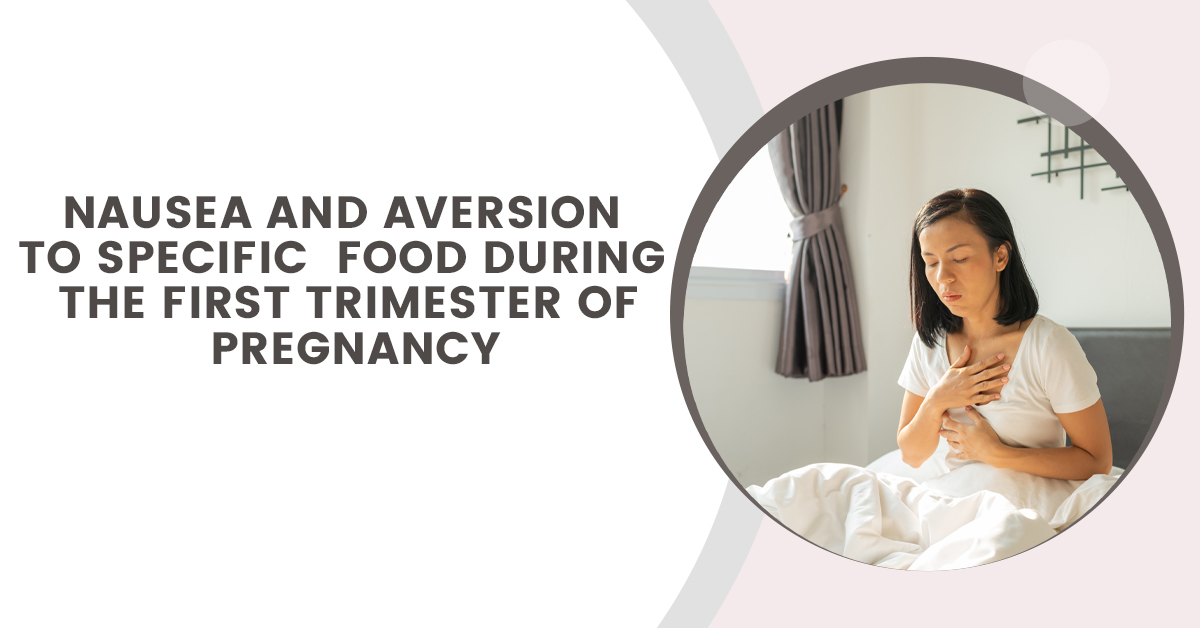
Don’t feel like eating during pregnancy first trimester? Pregnancy is tricky, it is a roller coaster ride comprising different emotional and physical challenges. It changes the normal way of living in numerous ways starting from sleeping patterns, body structure, and a lot more. But one of the known changes that women face is sudden food aversion and nausea.
If you don’t like a certain food or feel nausea then no need to worry, it is one of the most common features which pregnant women are likely to face. Appetite changes, nausea, morning sickness, and aversion to vegetable during pregnancy or certain food happens in the first trimester, and in a few cases, they remain throughout pregnancy.
Pregnancy has its trials and food aversion is one of those. Food aversion means not liking specific food which you might have been eating before getting pregnant. You might feel repulsive to the smell of it or get nausea, the best you can do is avoid them but this creates a new challenge when it comes to healthy eating. It is not necessary that everyone expecting a baby will face it, while some may have strong cravings, others might avoid specific food.
Hormonal changes take place in the women’s body from the beginning of pregnancy. As time passes, the uterus expands upward and outward to accommodate the growing fetus, create hormones called progesterone and relax signal muscles to loosen muscles. These muscles are those which propel food and waste via the digestive tract, as a result, they become sluggish leading to constipation.

The slowing of the track leads to the loosening of muscles present at the top of the stomach which might encourage the acid to pass via the esophagus and throat causing heartburn and reflux. These changes further worsen morning sickness that is caused by the hormone HCG; it may also happen at any other time throughout the day.
HCG and the other changes are responsible for food aversions especially during the first trimester of pregnancy as this is the time when HCG doubles every few days. It reaches its peak by week 11, however, the other hormones continue to affect the appetite.
Food aversions may start as the pregnancy begins and is likely to reach their peak between 6 to 8 weeks. You may start feeling nausea from the smell of certain food or vomit when you eat it. This situation is normal and there is nothing to worry about it.
Mostly, food aversions tend to become less as the first trimester ends but, in a few cases, they may stay throughout pregnancy. In the latter scenario, the situation does get better with time, you need to take extra care and keep eating healthy food in some way or the other.
Food aversion may lead to low appetite which can be harmful to you and your baby in your current situation. Vomiting can further add to the reduction in weight along with a deficiency of nutrients and water in your body. Regular fluid intake during pregnancy is highly recommended as its deficiency may cause constipation, yet another problem that most pregnant women face.
Although it is different for everyone mostly it is towards food with a strong smell like garlic, onion, egg, meat, and spicy food. You may also create an aversion towards milk, tea, or coffee.
It is possible that you don’t feel like eating something at one time in pregnancy and crave the same later. It may change from time to time affecting your appetite and making it difficult for you to eat.
Food aversions can make it a challenge for you to eat your favorite and healthy food. At this time when you are required to gain weight, you may end up losing it. The intake of healthy and nutritious food is vital at this stage of life.

The best way to consume the food which you are now disliking is by mixing it with other food. For example, if you are having trouble drinking plain milk, you may add some flavor to it. In the same way, if you are having trouble eating some veggies, you may consume them by blending them with others. Isn’t it a great way to eat well?
Food aversion generally reduces after the first trimester of pregnancy. There is a slight possibility that it continues throughout pregnancy and even after delivery for an indefinite time. However, it is most likely to subside once the baby is delivered. It is just a phase in your journey of becoming a mother; this too shall pass so simply enjoy, and keep yourself healthy and hydrated!